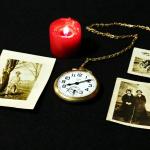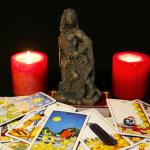Divination is a wonderful tool. It can give us insight into the future. It can give us insight into ourselves. And it can help us confirm and clarify messages we get from the Gods and other spirits. I prefer Tarot, but other methods can be just as effective. As with all skills, some people have more natural talent than others, but almost anyone can learn to divine with a bit of instruction and a lot of practice.
But also as with other skills, it’s possible to become too reliant on divination.
When we overuse one tool or skill (any skill, not just divination) we start to use it in situations where another tool or skill would be more suitable. But also, we fail to practice and develop other skills – skills we may desperately need at some point in the future. And thus we often fail to accurately assess a situation and select the best course of action.
As the old saying goes, when the only tool you have is a hammer, every problem start to look like a nail.
I see this occasionally. People become overly reliant on divination and won’t make simple decisions without pulling cards first. And then when readings aren’t clear they’re left unable to move forward – or backward.
Divination is a wonderful tool, but it needs to be used in the proper context.
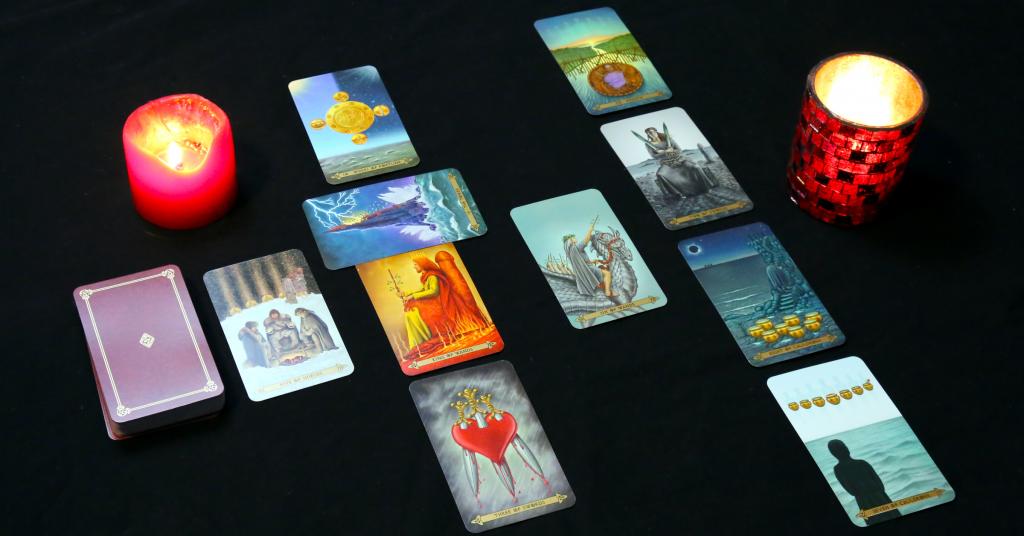
Divination can’t tell you what you should do
Divination can show you where a particular course of action will take you. It can show you what things will look and feel like when you get there. It can’t tell you whether that’s a good thing or not. That’s a value judgement – only you can make that determination for yourself.
Why would you want to surrender your agency to a deck of cards or to the spirits that may or may not be behind them, anyway?
Done right, divination is a way to get more and better information about a situation so you can make a better decision. But at the end of the day, you have to make the decision – and refusing to make a decision is itself a decision.
Sometimes you don’t get an answer
Sometimes the cards are crystal clear. Some decks (and some readers) are known for being sarcastically clear. I get that rather often when I’m trying to confirm a message from a deity: “yes, that’s what I said, now go do it!”
But sometimes you don’t get an answer. Maybe the reader (whether that’s yourself or a professional reader) isn’t skilled enough to see this particular message (some are harder to see than others) with any degree of clarity. Maybe the situation is so complicated even a 10-card spread can’t cover it. And maybe whoever or whatever you’re asking doesn’t want to answer.
If you’ve got a healthy approach to divination, you understand that this path is closed in this instance and you try something else.
But I’ve seen more than a few people get no answer and then be afraid to do anything. And that’s not a good thing.
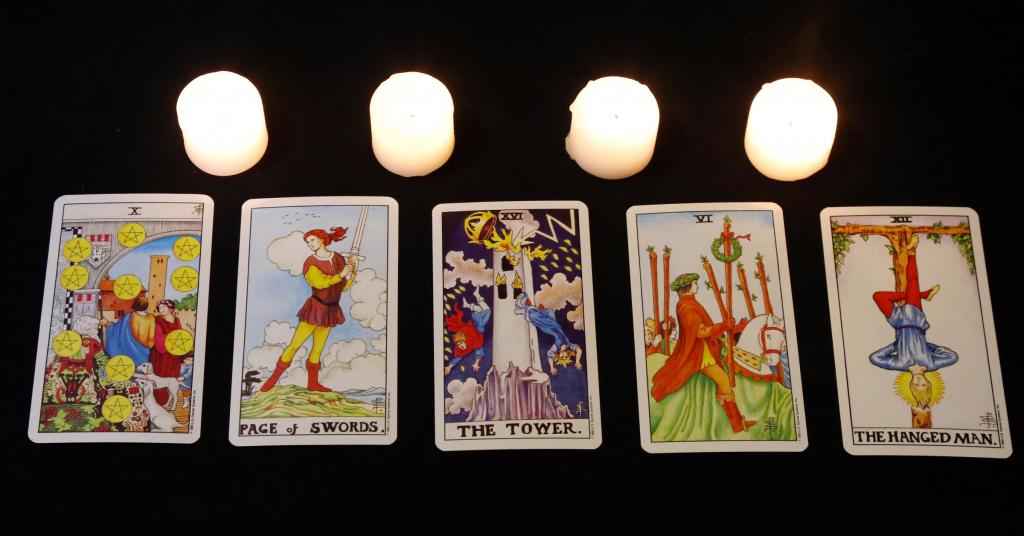
Why do you need to know?
I’m eternally curious – whatever the question is, I want to know the answer. The older I get the less time I have to recover if I make a serious mistake, so I want as much data as I can get so I can make the best decision possible. Many times I just want to be emotionally prepared for what’s coming next. And sometimes you need information and there’s no way in this world to get it. So you go between the worlds.
I know the Texas highways pretty well. But if I’m going from, say, Dallas to Houston, I’m going to use navigation. If there are wrecks on the interstate highways, I want to know about them before I get stuck in an hour-long backup. But if I’m driving to the grocery store, I’m not going to bother. It’s unlikely those roads will be blocked, and if they are I can take any one of several detours and it will only cost me 5 minutes or so.
If you want to do divination before making big decisions, that’s wise. If you want to do divination before going to the grocery store, you may have a problem.
Wanting divination to provide assurance
I see too many people who use divination not to gather information to help them make good decisions, but to assure themselves that everything’s going to be OK.
On one hand, that’s a very legitimate desire. On the other hand, that’s a very unrealistic desire. Divination works best when it addresses narrow and specific questions, while life is broad and often vague.
And also, sometimes bad experiences lead to learning and growth.
If I had foreknowledge that moving to Indiana in 1995 would turn into my job from hell, with six months of 60 to 100 hour weeks and two years of 50 hour weeks, I never would have gone. And in not going, I would have missed out on moving far away from home, experiencing real winter, and all the things I did while I was there. Perhaps more importantly, it would have taken me longer to learn that I was never going to find fulfillment in a paying job.
Sometimes you can’t avoid suffering – you just have to work through it, and hopefully, learn from it.
Take your best guess and move forward
The bigger the decision, the greater the need to make it carefully. Gather all the information you can, weigh the options, consider the risks. Most times, the longer you can delay a decision the better. Later means more time to gather information, and also more time for things to resolve themselves.
But most times, you come to a point where you have to choose, even though you don’t know how things are going to work out whichever way you go. And so you make the best choice you can, using both logic and intuition – no matter what the Tarot cards say.
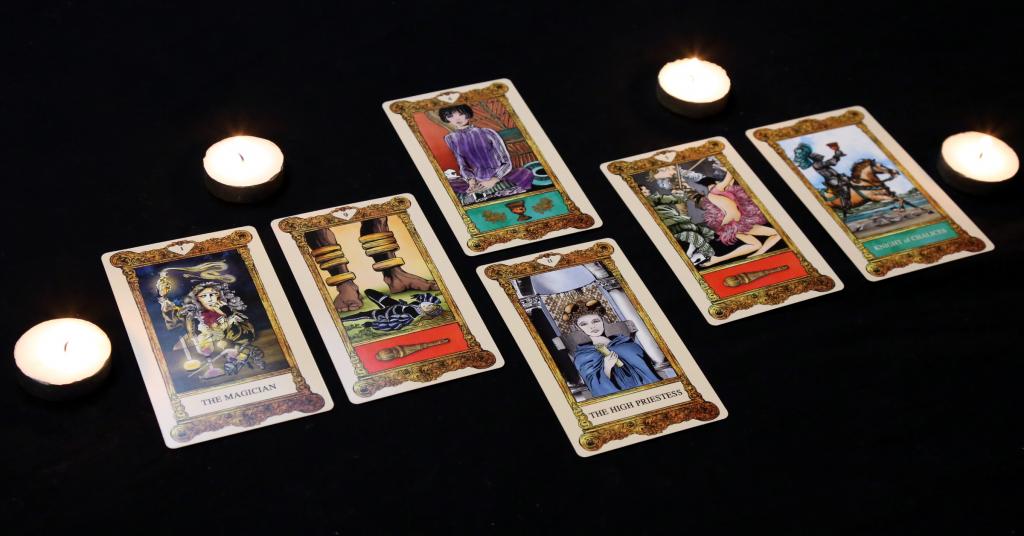
Have confidence in your ability to handle whatever comes your way
Divination can’t promise a smooth path. Our Gods can’t promise a smooth path – most times They promise anything but that.
But as a species, humans are incredibly resilient. Our ancestors lived through plagues far worse than Covid-19. They lived through wars and displacement. They lived through famines and ice ages. Our ancestor work reminds us that what they did, we can do too.
I know: a lot of people are tired of having to be resilient. So am I. But we don’t get to choose the times in which we live (no, seriously – we don’t). We only get to choose how we respond.
Have confidence in your ability to handle whatever comes your way, no matter what your divination does or doesn’t show.
And once you do it, then you’ll know with certainty that you can do it again.
Divination is only one tool for navigating the future
Please don’t read any of this as being critical of divination. Divination is an excellent tool for navigating the future – among other things. But it’s not the only such tool.
Gathering mundane intelligence in a mundane way is critically important. So is analysis, logic, and discernment. So is the counsel of relevant professionals and experts, and of your trusted friends.
Divination is one skill for navigating the future. Don’t overuse it to the point you neglect other important skills.
The obligations of a professional reader
I don’t do a lot of readings for other people, but I do some. I do my best to be an ethical reader, and part of that is what I call “the bartender rule.” It’s not a bartender’s business why someone is drinking: for celebration, for relaxation, or to numb the pain of life. But if/when someone has had too many, the bartender has a legal and ethical obligation to stop serving them.
People come to readers and diviners because they have questions. They also come because they’re anxious and uncertain. We can’t fix their problems for them, and we’re no substitute for proper therapy. But we can provide information and insight, as the cards, runes, and other divinatory systems reveal it.
But if someone is overusing divination – especially if they can’t make ordinary decisions without it – we have an obligation to stop serving them. Kindly, gently, tell them that they’re asking questions divination can’t answer, that they’re looking for assurances that don’t exist, that some things have to be handled with ordinary effort.
If divination is a substantial part of your income, telling your best client “I can’t read for you today” can be difficult. But ethically, it’s necessary.
If you read for yourself, knowing when to stop can be harder. But if you’re getting overly reliant on divination, it may be time to put the cards down.
For a while, anyway.


